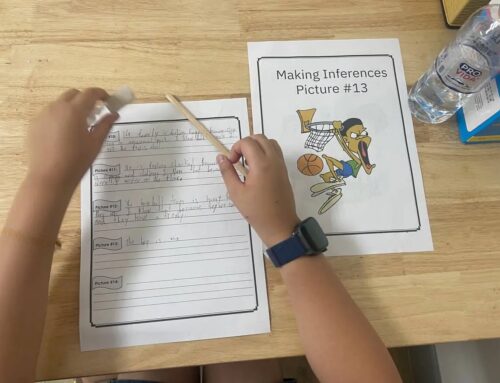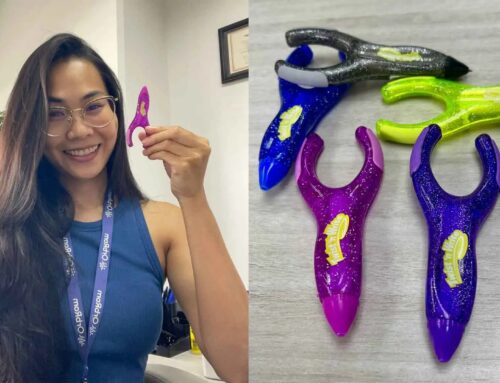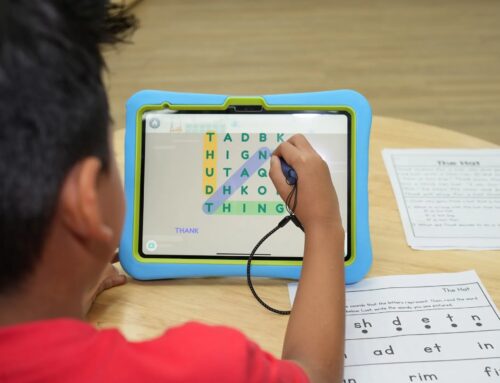[ad_1]
Children learn best through play—and this is especially true when it comes to building speech and communication skills. For many children in Phnom Penh who are late talkers, have speech delays, or struggle with social communication, targeted games can provide the safe, engaging environment they need to develop language skills naturally.
At OrbRom Center, we integrate play-based learning into our daily therapy routines. Whether your child is on the autism spectrum, has expressive language delays, or just needs a boost in communication, games can be a powerful bridge to improvement.
In this article, we’ll share some of the most effective speech therapy games that parents and educators can use at home or in class—many of which we use in our Phnom Penh center with great success.
Why Games Help with Communication
Games encourage:
-
Turn-taking and joint attention
-
Vocabulary development
-
Listening and comprehension
-
Articulation and expressive language
-
Social skills like eye contact and greetings
For children who struggle with traditional learning approaches, these activities create a low-pressure, high-engagement path to growth.
1. Simon Says (with a Twist)
This classic game builds listening comprehension, following directions, and verb vocabulary. Add a speech-focused twist by emphasizing action words (e.g., “Simon says whisper, jump, or roar like a lion”).
At OrbRom, our speech therapists modify this game based on the child’s language goals—such as practicing prepositions (“Simon says put the toy under the chair”).
2. Guess the Object (Descriptive Language)
Hide an object in a bag and have the child ask yes/no or WH-questions to guess what it is.
This game develops:
-
Question formation
-
Descriptive vocabulary
-
Inference skills
In our therapy rooms in Phnom Penh, this is a favorite for children working on expressive language and categorization.
3. Story Cubes
Using dice with pictures, children roll and build a story using the images shown. This is great for:
-
Narrative development
-
Sequencing
-
Sentence structure
We use this at OrbRom Center with both verbal and nonverbal children. For nonverbal kids, the therapist may model sentences using visuals or AAC devices.
4. Barrier Games
In a barrier game, two players sit across from each other with a barrier in between. One person gives verbal directions (e.g., “Put the red circle next to the blue square”), and the other tries to recreate the arrangement.
These games are great for:
Our speech therapists in Phnom Penh often use barrier games to help children with articulation and receptive language challenges.
5. “I Spy” with Categories
“I spy something that is red and you can eat” prompts the child to use adjectives, nouns, and category-based thinking.
This can be used in classrooms, car rides, or even at the dinner table. It teaches children how to describe, ask questions, and focus on key language details.
6. Puppet Conversations
Puppets allow children to explore different voices, emotions, and social dialogue. They are perfect for:
We often use puppets during speech sessions at OrbRom to reduce anxiety and make speaking feel safe and playful.
7. Sound Sorting
For articulation support, sound sorting games help children differentiate and practice specific speech sounds. For example:
This type of game builds phonemic awareness—especially important for preschool and early primary students.
8. Board Games with Communication Goals
Games like Candy Land, Zingo, or Guess Who can be adapted to encourage:
At OrbRom, we customize popular board games to target individual speech goals. For example, in Guess Who, we might focus on using full sentences like, “Does your person have glasses?”
Games at OrbRom Center: A Proven Part of Speech Therapy
At OrbRom Center in Phnom Penh, we know that communication growth happens when children feel engaged, supported, and heard. That’s why we integrate game-based learning in our speech therapy programs, customized to each child’s unique strengths and needs.
Whether a child is nonverbal, has limited vocabulary, or needs help with sentence structure, games are more than play—they’re therapy in disguise. Our therapists design and adapt each game based on language targets, attention span, sensory preferences, and cognitive ability.
Final Thoughts: Making Communication Fun Again
Parents often ask, “How can I help my child talk more at home?” The answer is simple: make it fun, consistent, and connected. Speech therapy games are a powerful tool to support language development in natural, joyful ways.
If you’re in Phnom Penh and concerned about your child’s communication skills, don’t wait. Early support from professional therapists can change your child’s life. At OrbRom Center, we’re ready to help with a smile, a game, and the right strategies.
[ad_2]
Source link






